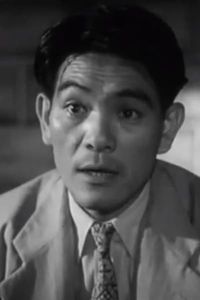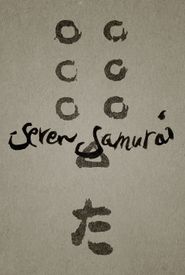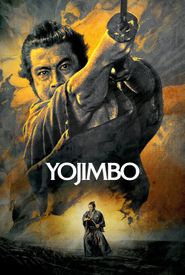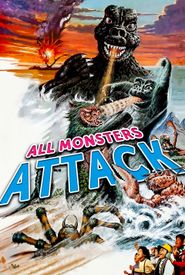Sachio Sakai, a renowned Japanese actor, entered this world on September 8, 1925, in the bustling metropolis of Tokyo, Japan. His remarkable career spanned numerous decades, with notable appearances in several iconic films, including the groundbreaking "Godzilla" (1954),the thrilling "King Kong vs. Godzilla" (1962),and the critically acclaimed "Yojimbo" (1961).

Sachio Sakai
Deceased · Born: Sep 8, 1925 · Died: Mar 11, 1998









































